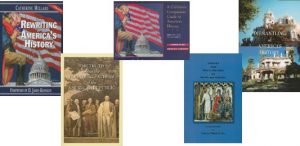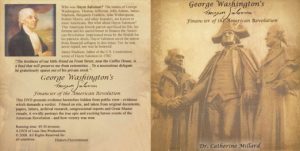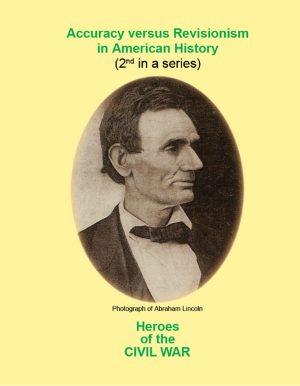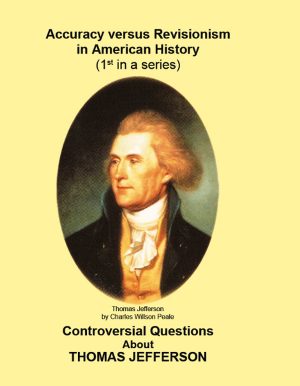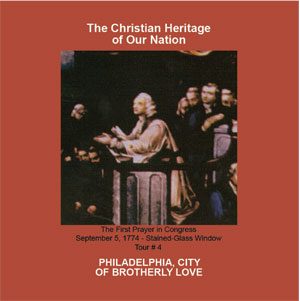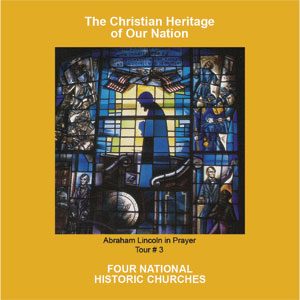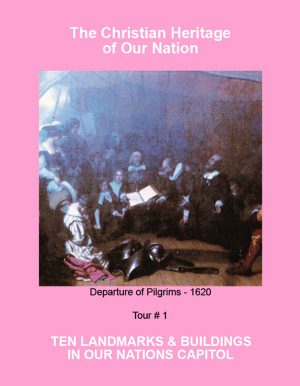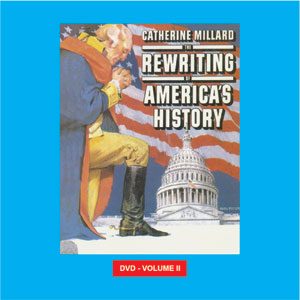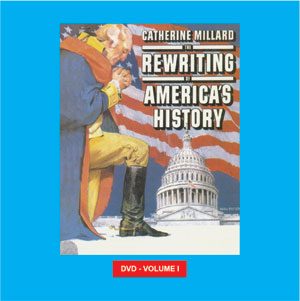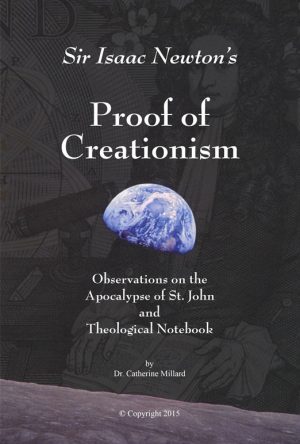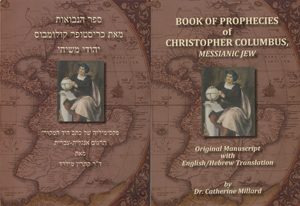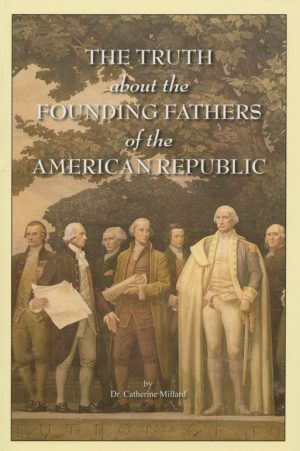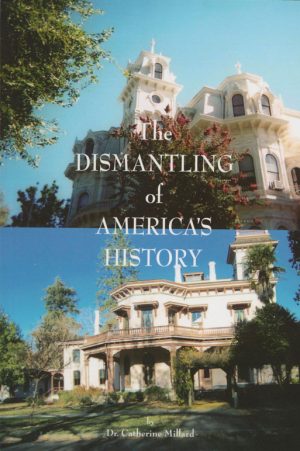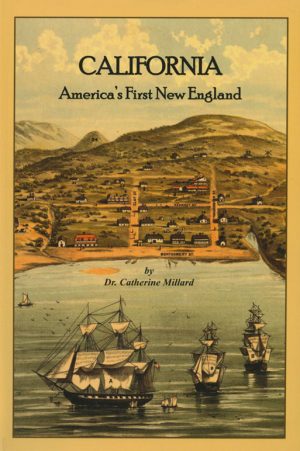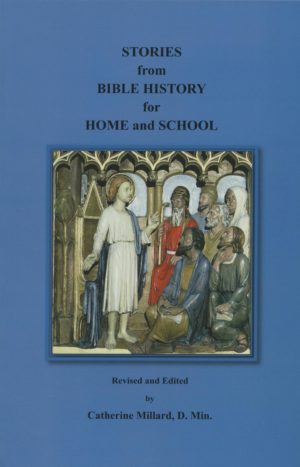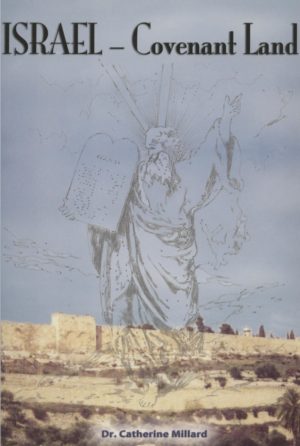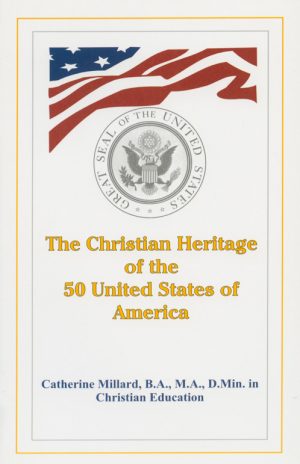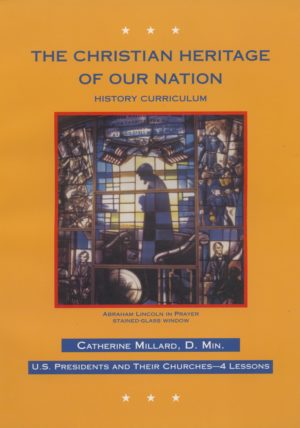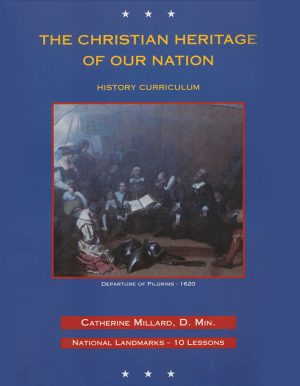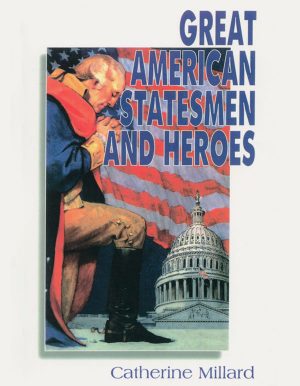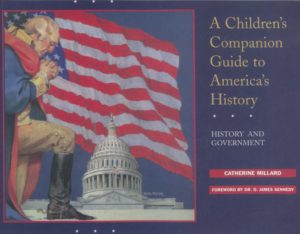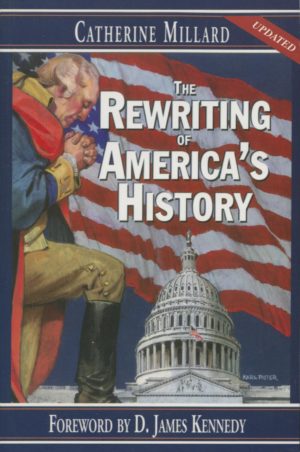I studied at school that Benjamin Franklin was an Atheist – that he did not believe in Almighty God, Jesus the Messiah, or Scripture. Do you have any evidence to the contrary?
In “The Works of the late Doctor Benjamin Franklin, consisting of his Life Written by Himself, together with Essays, Humorous, Moral and Literary,” published in London in 1793, we have evidence of Franklin’s belief in Almighty God; Jesus the Messiah, and “the Holy Bible,” which he describes as “the most faithful of all histories,” as follows:
“A Comparison of the Conduct of the Ancient
Jews, and the Antifederalists in the United
States of America
by
Benjamin Franklin
A zealous advocate of the proposed Federal Constitution in a certain public assembly, said, that “the repugnance of a great part of mankind to good government was such, that he believed, that if an angel from Heaven was to bring down a Constitution formed there for our use, it would nevertheless meet with violent opposition.” – He was reproved for the supposed extravagance of the sentiment; and he did not justify it. – Probably it might have immediately occurred to him that the experiment had been tried, and that the event was recorded in the most faithful of all histories, the Holy Bible; otherwise he might, as it seems to me, have supported his opinion by that unexceptionable authority.
The Supreme Being had been pleased to nourish up a single family, by continued acts of His attentive Providence, ’till it became a great people; and having rescued them from bondage by many miracles performed by His servant Moses, He personally delivered to that chosen servant, in presence of the whole nation, a constitution and code of laws for their observance; accompanied and sanctioned with promises of great rewards, and threats of severe punishments, as the consequence of their obedience or disobedience.
This constitution, the Deity Himself was to be at its head (and it is therefore called by political writers a Theocracy) could not be carried into execution but by the means of His ministers; Aaron and his sons were therefore commissioned to be, with Moses, the first established ministry of the new government.
One would have thought, that the appointment of men who had distinguished themselves in procuring the liberty of the nation, and had hazarded their lives in openly opposing the will of a powerful monarch who would have retained that nation in slavery, might have been an appointment acceptable to a grateful people; and that a constitution, framed for them by the Deity Himself, might have been secure of a universal welcome reception. Yet there were, in every one of the 12 tribes, some discontented, restless spirits, who were continually exciting upon them to reject the proposed new government, and this from various motives.
Many still retained an affection for Egypt, the land of their nativity, and these, whenever they felt any inconvenience or hardship, though the natural and unavoidable effect of their change of situation, exclaimed against the leaders as the authors of their trouble; and were not only for returning into Egypt, but for stoning their deliverers (Numbers, chapter 14.) Those inclined to idolatry were displeased that the golden calf was destroyed. Many of the chiefs thought the new constitution might be injurious to their particular interests, that the profitable places would be engrossed by the families and friends of Moses and Aaron, and others equally well-born, excluded (Numbers, chapter 16, Verse 3: And they gathered themselves together against Moses and against Aaron, and said unto them, ye take too much upon you, seeing all the congregation are holy, every one of them, – wherefore then lift ye up yourselves above the congregation).
In Josephus, and the Talmud, we learn some particulars, not so fully narrated in the Scripture. We are there told, “that Corah was ambitious of the priesthood; and offended that it was conferred on Aaron; and this, as he said, by the authority of Moses only, without the consent of the people. He accused Moses of having, by various artifices, fraudulently obtained the government, and deprived the people of their liberties; and of conspiring with Aaron to perpetuate the tyranny in their family. Thus, though Corah’s real motive was the supplanting of Aaron, he persuaded the people that he meant only the public good; and they, moved by his insinuations, began to cry out – ‘Let us maintain the common liberty of our respective tribes; we have freed ourselves from the slavery imposed upon us by the Egyptians, and shall we suffer ourselves to be made slaves by Moses? If we must have a master, it were better to return to Pharaoh, who at least fed us with bread and onions, than to serve this new tyrant, who by his operations has brought us into danger of famine.’ Then they called in question the reality of his conference with God; And objected to the privacy of the meetings, and the preventing any of the people from being present at the colloquies, or even approaching the place, as grounds of great suspicion. They accused Moses also of peculation; as embezzling part of the golden spoons and the silver chargers, that the princes had offered at the dedication of the altar (Numbers, chapter 7), and the offerings of gold by the common people (Exodus, chapter 35, verse 22), as well as most of the poll tax; (Numbers, chapter 3 and Exodus, chapter 30); and Aaron they accused of pocketing much of the gold of which he pretended to have made a molten calf. Besides peculation, they charged Moses with ambition; to gratify which passion, he had, they said, deceived the people, by promising to bring them to a land flowing with milk and honey; instead of doing which, he had brought them from such a land; and that he thought light of all this mischief, provided he could make himself an absolute prince (Numbers, chapter 16, verse 13. “Is it a small thing that thou hast brought us up out of a land flowing with milk and honey, to kill us in this wilderness, except thou make thyself altogether a prince over us?”) That, to support the new dignity with splendor in his family, the partial poll tax already levied and given to Aaron (Numbers, chapter 3) was to be followed by a general one (Exodus, chapter 30), which would probably be augmented from time to time, if he were suffered to go on promulgating new laws, on pretense of new occasional revelations of the Divine Will, ’till their whole fortunes were devoured by that aristocracy.
Moses denied the charge of peculation; and his accusers were destitute of proofs to support it; though facts, if real, are in their nature capable of proof. “I have not,” said he (with holy confidence in the presence of God), “I have not taken from this people the value of an ass, nor done them any other injury.” But his enemies had made the charge; and with some success among their populace; for no kind of accusation is so readily made, or easily believed by knaves, as the accusation of knavery.
In fine, no less than two hundred and fifty of the principal men famous in the congregation, men of renown (Numbers, chapter 16), heading and exciting the mob, worked them up to such a pitch of phreny, that they called out, stone them, stone them, and thereby secure our liberties; and let us choose other captains that may lead us back into Egypt, in case we do not succeed in reducing he Canaanites.
On the whole, it appears that the Israelites were a people jealous of their newly acquired liberty, which jealousy was in itself no fault; but that, when they suffered it to be worked upon by artful men, pretending public good, with nothing really in view but private interest, they were led to oppose the establishment of the new constitution, whereby they brought upon themselves much inconvenience and misfortune. It farther appears from the same inestimable history, that when, after many ages, the constitution had become old and much abused, and an amendment of it was proposed, the populace as they had accused Moses of the ambition of making himself a prince, and cried out, stone him, stone him; so, excited by the high-priests and scribes, they exclaimed against the MESSIAH, that he aimed at becoming King of the Jews, and cried, crucify Him, crucify Him. From all which we may gather, that popular opposition to a public measure is no proof of its impropriety, even though the opposition be excited and headed by men of distinction.
To conclude, I beg I may not be understood to infer, that our general convention was Divinely inspired when it formed the new federal constitution, merely because that constitution has been unreasonably and vehemently opposed: yet, I must own, I have so much faith in the general government of the world by Providence, that I can hardly conceive a transaction of such momentous importance to the welfare of millions now existing, and to exist in the posterity of a great nation, should be suffered to pass without being in some degree influenced, guided, and governed by that Omnipotent, Omnipresent and Beneficent Ruler, in whom all inferior spirits live, and move and have their being.*
BENJAMIN FRANKLIN.” 1
It was Franklin himself who stood up at the Constitutional Convention at Independence Hall, Philadelphia – May, 1787, making an address in which he affirmed the truth of Scripture, Almighty God and the power of Prayer, quoting both Old and New Testaments:
“Mr. President:
The small progress we have made, after four or five weeks’ close attendance, and continual reasonings with each other, our different sentiments producing as many noes as ayes, is, methinks, a melancholy proof of the imperfection of human understanding. We indeed seem to feel our own want of political wisdom, since we have been running around in search of it. We have gone back to ancient history for models of government, and examined the different forms of those republics which, having been originally formed with the seeds of their own dissolution, now no longer exist, and we have viewed modern states all round Europe, but find none of their constitutions suitable to our circumstances.
In the situation of this assembly, groping, as it were in the dark, to find political truth, and scarce able to distinguish it when presented to us, how has it happened, sir, that we have not hitherto once thought of humbly applying to the Father of Lights, to illuminate our understandings? In the beginning of the contest with Britain, when we were sensible of danger, we had daily prayers in this room for the Divine protection. Our prayers, sir, were heard, and they were graciously answered. All of us who were engaged in the struggle must have observed frequent instances of a superintending Providence in our favor. To that kind Providence we owe this happy opportunity of consulting in peace on the means of establishing our future national felicity. And have we now forgotten that powerful Friend? Or do we imagine we no longer need His assistance? I have lived, sir, a long time, and the longer I live the more convincing proofs I see of this truth, that God governs the affairs of men. And if a sparrow cannot fall to the ground without His notice,* is it probable that that an Empire can rise without His aid? We have been assured, Sir, in the sacred writings that “except the Lord build the house, they labor in vain that build it.”** I firmly believe this, and I also believe that without His concurring aid we shall succeed in this political building no better than the builders of Babel;*** we shall be divided by our little, partial, local interests, our projects will be confounded, and we ourselves shall become a reproach and a by-word down to future ages. And, what is worse, mankind may hereafter, from this unfortunate instance, despair of establishing government by human wisdom, and leave it to chance, war, and conquest.
I therefore beg leave to move –
That henceforth prayers, imploring the assistance of Heaven and its blessings on our deliberations, be held in this assembly every morning before we proceed to business; and that one or more of the clergy of this city be requested to officiate in that service.” 2
To learn more, click here.
___________________________
Bibliography:
*Acts of the Apostles 17:28
*Matthew 10:29
**Psalm 127:1
***Genesis 11:9
1
Franklin, Benjamin. Works of the late Doctor Benjamin Franklin: consisting of His Life written by himself, together with Essays, Humorous, Moral and Literary, Chiefly in the Manner of the Spectator. In Two Volumes. Vol. II. A Comparison of the Conduct of the Ancient Jews and the Anti-federalists in the United States of America. London: Printed for G.G.J. and J. Robinson, Pater-noster Row, 1793.
2
Rogers, George L. (ed.) Benjamin Franklin. The Art of Virtue. Minnesota: Acorn Publishing Company, 1990, pp. 69-70. Library of Congress Collection.
